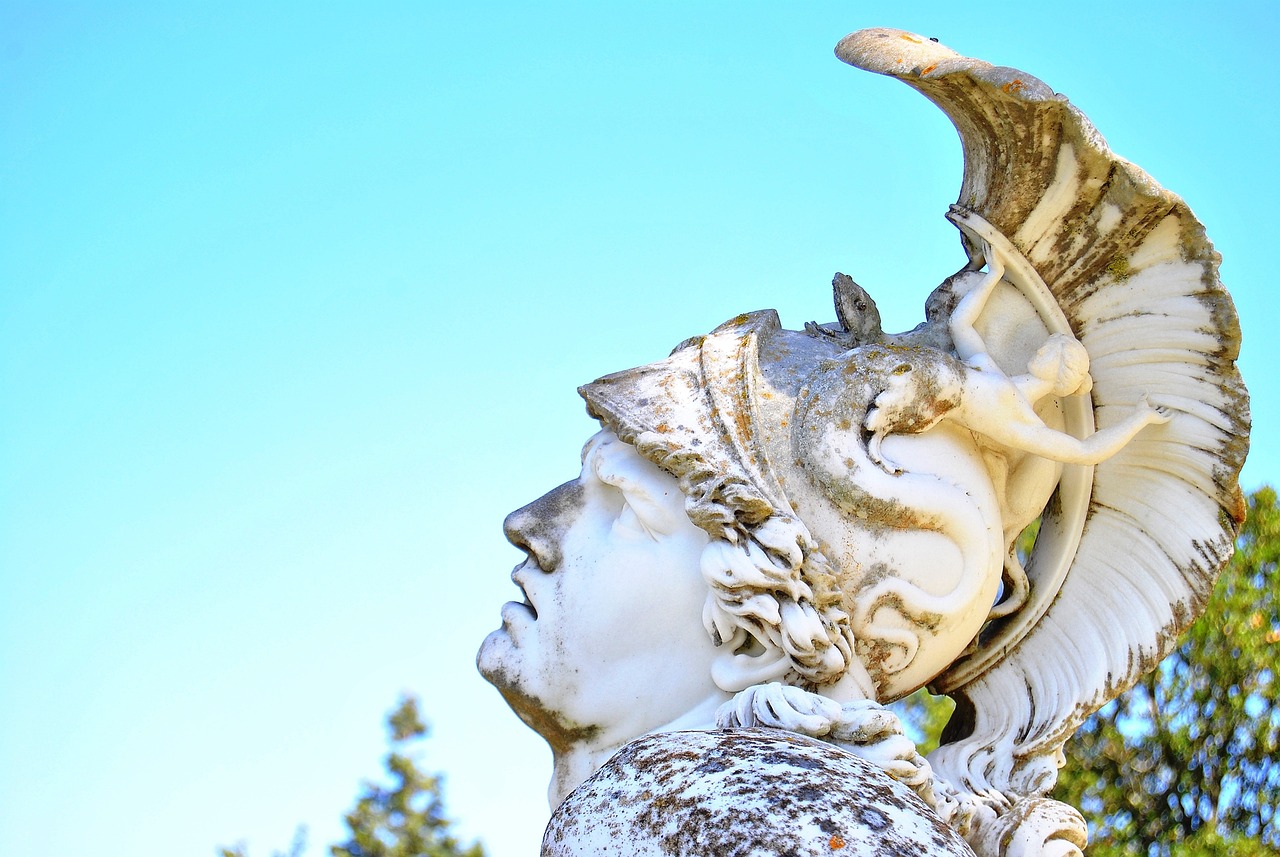The story of Achilles and Hector is one filled with intrigue and contradictions that have long fascinated scholars and readers alike. In brief, it culminates in Hector’s victory over Achilles, a claim that takes roots in ancient Greek thought, notably among the sophists. To set the scene, the Trojans had managed to breach the defensive walls of the Greek encampment, igniting chaos as their ships fell victim to flames. The Achaeans were on the verge of total defeat—a critical moment in this prolonged conflict.
Amidst this turmoil, Achilles remained sulking in his tent, infuriated over Agamemnon’s seizure of Briseis. His companion Patroclus beseeches Achilles to join the fray, but Achilles steadfastly refuses. However, he permits Patroclus to don his armor and enter battle in his stead. This ironic twist was no doubt apparent to any well-informed Greek audience of the time, as they would know Achilles through and through—his unique appearance, fighting style, and demeanor were easily recognizable.
To illustrate the absurdity of the situation, one might consider a modern analogy: if someone were to impersonate Michael Jordan on a basketball court, it wouldn’t take long for spectators to question the identity of the player. The Achaeans were similarly acquainted with Achilles’ unmistakable traits; Patroclus, known to have dark hair while Achilles was famously fair, was unlikely to fool anyone into believing he was the famed hero, especially with the high stakes surrounding the battle.
The set-up becomes even more implausible as one reflects on Achilles’ choice to remain armor-less while sending Patroclus out to fight—an uncharacteristic act for a renowned warrior. A defenseless Achilles is essentially a target; one cannot rationally accept this decision as a matter of strategy. The scenario presents an additional layer of absurdity: even if the Trojans mistook Patroclus for Achilles—driven by fear and confusion—they had previously fought against Achilles in the field and knew full well that he was unmatched in prowess.
Then there’s the perplexity surrounding Hector’s delayed entrance into the fight. Did he momentarily hide away from the fray or was he caught fleeing in fright with his comrades? The text scarcely addresses this inconsistency until Hector, suddenly emboldened, confronts the falsely masquerading Patroclus and, to the shock of onlookers, kills him.
This moment acts as a comedic revelation that draws attention to the original premise: that armor, and thus the identity of its wearer, held significant importance on the battleground. When Hector took Patroclus’ armor, he effectively claimed a prestigious trophy, while Achilles found himself without his iconic protection. Paradoxically, even in the wake of such a loss, the Trojans—having been graced with victory—chose not to pursue their advantage, suggesting a peculiar lapse in judgment.
The sophists argued that the enduring notion presented in the Iliad was one rife with inaccuracies, positing that the armor did not merely represent Patroclus, but rather concealed Achilles himself, further emphasizing the legendary fall of the hero they revered. It is interesting to note that the tale quickly strays into mythological territory with Hephaestus forging new armor for Achilles, in a conspicuous plot device designed to circumvent the inconsistencies plaguing the narrative.
Equipped with this newly crafted armor, Achilles indeed commanded a reinvigorated Achaean force that chased the Trojans back to the gates of Troy. However, in a bizarre twist, while the army manages to gain safe haven within the city walls, Hector—supposedly among its ranks—faces Achilles in an endless chase around the city that spectators could only observe with a mix of horror and disbelief.
Ultimately, the tumults of storytelling echo throughout Homer’s work, especially when Achilles confronts Hector, kills him, and displays his body in a savage display of triumph. The detailed exchanges and interactions found throughout the Iliad starkly contrast with the vagueness that becomes evident post-Achilles’ withdrawal from the battlefield.
Homer’s detailed recounting gives way to a narrative filled with ambiguity, serving as a precursor to the eventual death of Achilles, which was met with different fates over time as authors sought to make sense of the unraveling myth.
In conclusion, around the mound of Hector lie the shadows of the momentous events where, against the backdrop of a burning encampment, Achilles ultimately faced doom at the hands of Hector despite the prevailing narrative that would suggest otherwise. The logical inconsistencies of the tale support the presumption that the supposed victors—the Achaeans—seemed no better off post-conflict, as figures like Agamemnon found themselves in inexplicable positions far from home.
As centuries have passed, the episode remains a subject of scholarly inquiry and debate, highlighting how history, myth, and narrative entwined in ways that continue to challenge our understanding of the great tales of antiquity.



